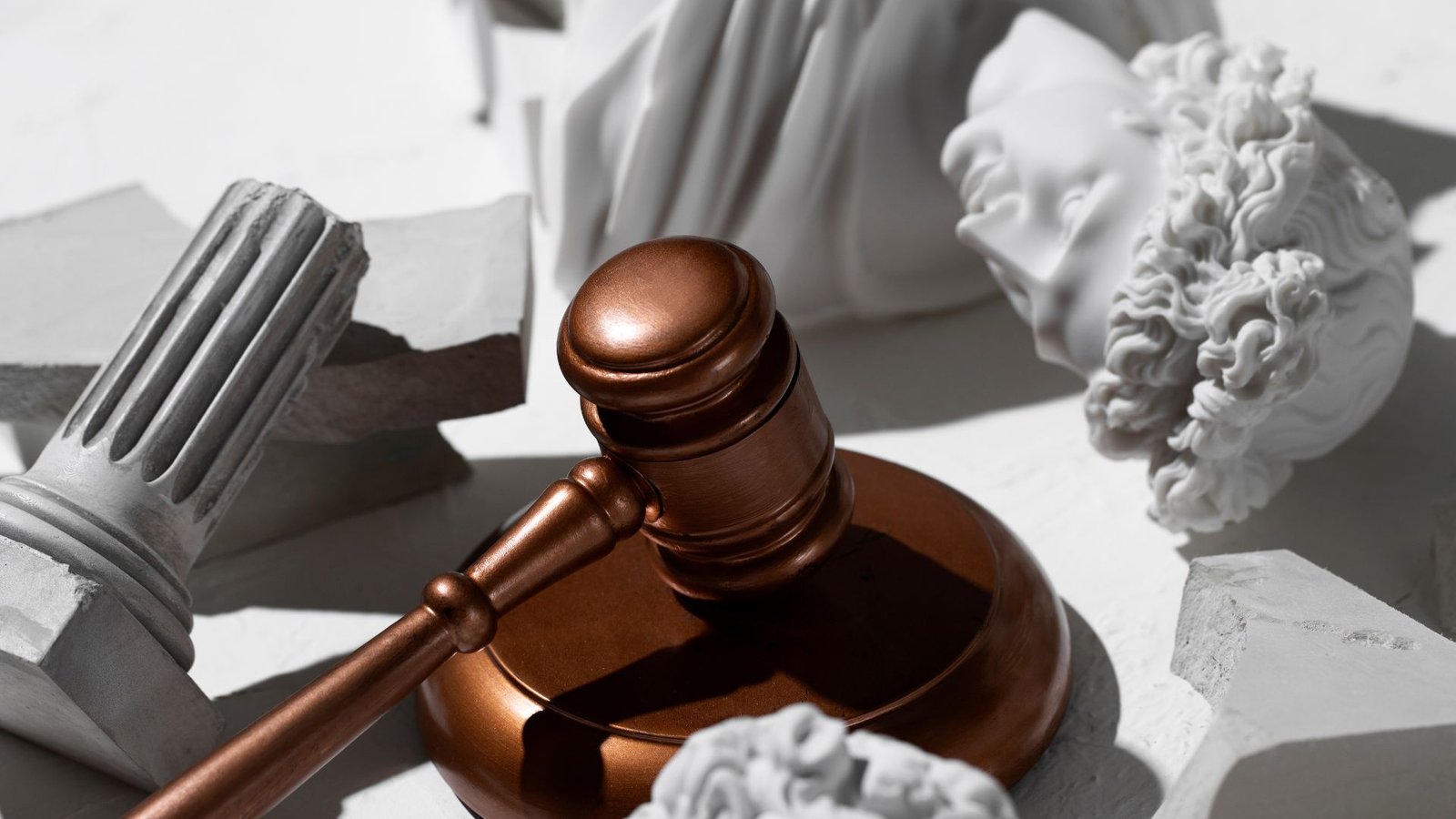|
Getting your Trinity Audio player ready...
|
Judges play a pivotal role in shaping the legal landscape. Their decisions set precedents, influencing future cases. This authority mirrors the importance of a well-designed website. Much like website design captivates users, judicial decisions create a framework for legal understanding. Establishing a clear path through nuanced legal questions requires the same precision and user-friendly approach seen in effective website design.

Precedents and Domain
Precedents, akin to a domain name, provide identity and recognition in the legal realm. Judges, through their decisions, contribute to the establishment of legal domains. Just as a memorable domain name distinguishes a website, legal precedents become landmarks, guiding future cases.
Adjudicating Disputes
At the core, judges adjudicate disputes, resolve conflicts and interpret laws. This process mirrors the essential role of email hosting in facilitating communication. Effective communication, like fair and timely dispute resolution, is fundamental. Judges act as legal hosts, ensuring that the communication of justice flows seamlessly. In the legal sphere, as in email hosting, efficiency and reliability are paramount for a just and well-functioning system.
Precision in Interpretation
Furthermore, judges mirror the meticulous precision of website hosting services, ensuring not only the accuracy but also the seamless functionality of legal interpretations. Analogous to hosting the legal framework online, judges carefully consider nuances, demonstrating an acute understanding of the intricacies within the law. Their role extends beyond mere interpretation; they act as guardians of coherence and adaptability within legal principles. Much like website hosting guarantees a smooth online experience, judges strive to maintain a legal system that is both adaptable and coherent. More so, adept at accommodating the dynamic shifts and evolving needs of society. This parallel underscore the vital responsibility of judges in not only interpreting the law but in hosting a legal framework that stands resilient in the face of societal changes, ensuring justice remains a constant anchor in an ever-changing world.
Logo of Justice
The emblematic authority of judges in shaping the law is comparable to the significance of a logo design. A well-crafted logo symbolizes an entity, much like the symbolic power judges hold in the legal system. Their decisions become a visual representation of justice, leaving an indelible mark on the collective consciousness. The importance of logo design in branding echoes the impactful legacy judges create through their rulings, leaving an enduring imprint on the legal identity.
Evolving Legal Landscape
More so, judges assume the role of architects, intricately adjusting and redesigning legal principles in a manner reminiscent of the evolving nature of website design. The perpetual shifts in the law necessitate an adaptable approach, mirroring the continuous updates and redesigns inherent in the ever-progressing field of website development. Judges skillfully navigate the complexities within the legal system, strategically redesigning frameworks to ensure they align with contemporary needs and societal advancements. This parallels the agile nature of website design, which constantly adapts to meet the evolving requirements of users and technology. By embracing innovation and staying attuned to the changing dynamics of their respective domains, both judges and website designers contribute to the resilience and relevance of the systems they craft. Additionally, ensuring they remain effective and responsive in an ever-changing environment.
Conclusion
The role of judges in shaping the law is multifaceted, akin to the intricate components of website development. Their decisions, like a well-designed website, influence the user experience within the legal system. From setting precedents and establishing legal domains to hosting the framework and creating a symbolic logo of justice, judges function as designers of legal architecture. Understanding the parallels between their roles and the principles of website design, hosting, and branding enhances our appreciation of their profound impact on the legal landscape.

